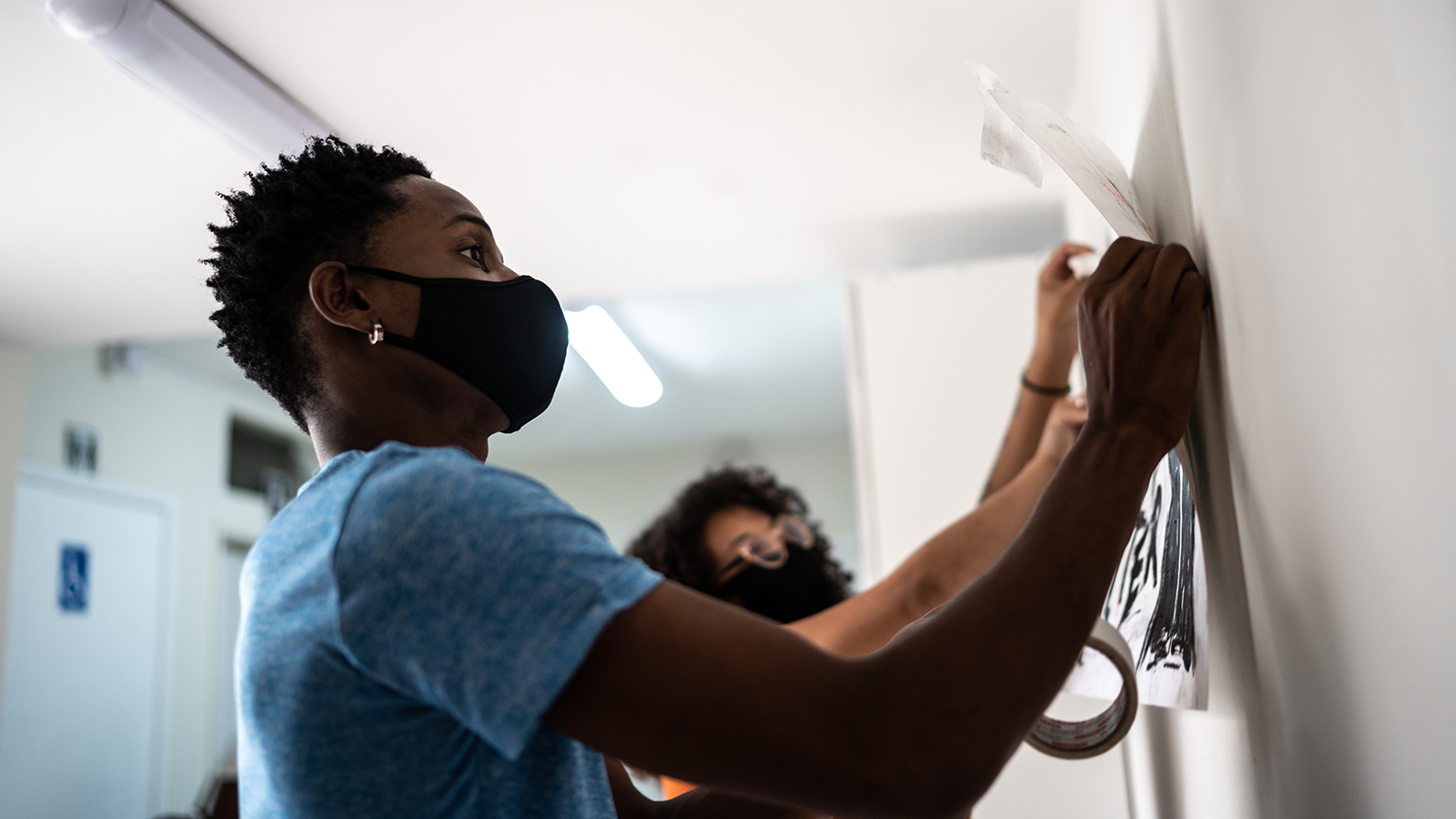
Social studies encompasses several dynamics that affect daily student learning. Through the variety of social studies disciplines, students are taught how to become effectual change agents for the betterment of our society through learning complex histories, civic standards, and geographic understanding of the world around them.
History is being made daily on civic, social, and political platforms. With the use of technology, we are made aware of these consistent changes at a rapid rate. Teachers must take advantage of teaching these current events to ensure that students become involved and active members of our society. How can we involve students in the historical events happening today so that they can become preeminent change agents for the future?
Social
The “social” in social studies, now encompasses more information and integrates more human aspects than ever before in our history. Students now have access to millions of opinions via the news media and on social media that offer insight into culture, politics, and social issues. Classrooms now can teach students to disseminate information and take action using their own voice.
On the social front encouraging students to have a voice and take action through publishing a school newspaper, developing a page on social media, or creating pop up stores that support artists and merchants who make positive political statements with their products and services. Schools can also encourage community involvement in activities that give students an individualized voice, like town hall meetings, fireside chats and community rallies focusing on state, national and global issues. Examples of social issues are: food deficiencies in local communities, learning loss during the pandemic, and income disparities for women.

Political Understanding
The political sphere of social studies has always aimed to train students to become informed, responsible participants in a diverse democratic society. This aspect of the social studies curriculum is becoming increasingly more important as students continue to have access to diverse and differing opinions.
Teaching your students about our country’s government and political processes is only a stepping stone to developing them into participatory citizens. An active and engaging role for students would be after they have learned the theoretical precepts of government process; help students to develop applicable roles that help them to have a more ingrained innate view of why being an active, involved citizen creates a better quality of life for them, their families, and society in general. Some examples of how to incorporate these ideals into the classroom would be to hold a mock election in class, support voter registration drives, and give high school students the opportunity to register themselves to vote. For students in high school, you can encourage various types of civic action by setting up a ride-share to the polls, or campaigning for candidates with platforms that the students themselves identify with.
Civic Engagement
The civic duty of our students embraces a genre all its own. It develops a connectivity that promotes students noting and embracing their role to actively engage in their communities. When students engage in civic duties they promote the economics and the well-being of our society. Civic duties are reflected in voting, volunteerism, and community activism. These activities could include volunteering for the school PTA, becoming a crossing guard, or joining your local NPU (National Planning Unit).Teachers can also encourage students to develop ideals that support, change or make a positive impact on an issue in their community, state, and nationally.
The culmination of these three tenets civic, social and political can propel students to become activists that perpetuate social change, promote better neighborhoods, fair housing, more economic equity, equitable access to education, cleaner communities and a better society for us all.
Seeking more professional learning resources?
See what our professional learning department can do for your teaching
Sheree Turner, Ph.D. is a Master Teacher Leader in an urban school district in Atlanta. She is certified in Middle Grades Social Studies, Gifted Learner Endorsed and Reading Endorsed. Her area of interest is ensuring social studies does not become extinct in the 21st century classroom.
